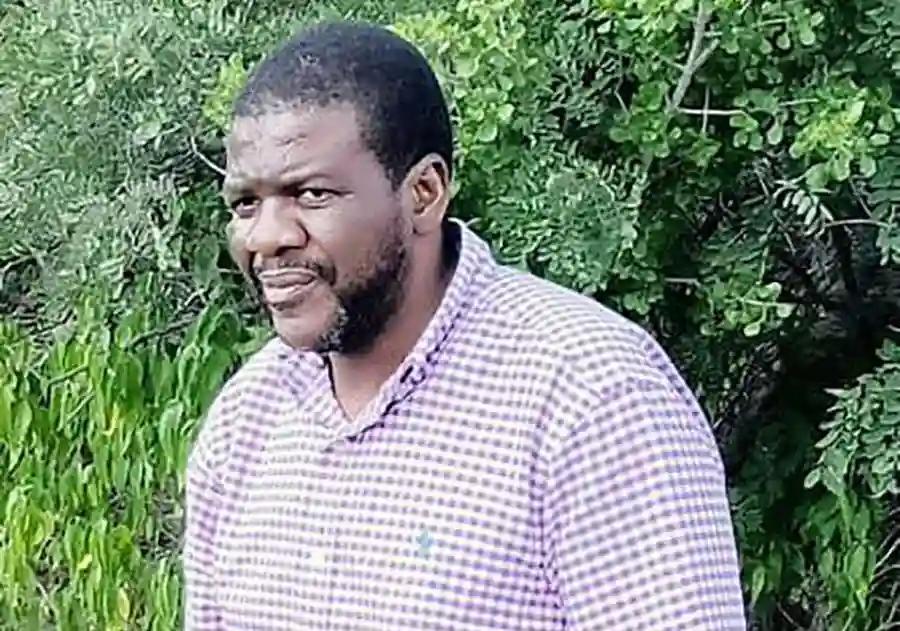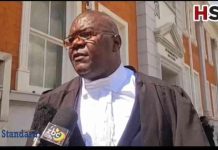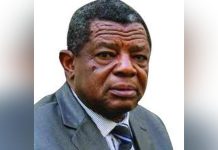Africa-Press – Zimbabwe. Sengezo Tshabangu has submitted an urgent application to the High Court, challenging the acceptance of nomination papers of certain individuals from the opposition Citizens Coalition for Change (CCC) party. Tshabangu had previously expelled these individuals from the party, arguing that they were no longer members.
He believes that the Nomination Court should have rejected their applications to run as CCC candidates since they are still not part of the party. The application read in part:
1 On 7 November 2023, the Nomination Court sat consequent upon promulgation of the date for by-elections (i.e. 9 December 2023).
2 First to twenty-second respondents submitted their nomination papers before the Nomination Court to be accepted as candidates in the by-election as “members” of a political party called Citizens Coalition for Change (CCC party). This was despite the fact that in a prior and extant judgment, they had been found by this court to have ceased to be members of that party.
3 The Nomination Court accepted the nomination papers. The decision of the Nomination Court is unlawful in that it is contrary to an extant judgment of the High Court and was at any rate procured through an apparent act of defiance of that judgment.
4 Applicant consequently asks whether the court may be pleased to declare that the decision of the Nomination Court to accept the candidatures of first to twenty-second respondents is unlawful and set it aside.
5 Given that the by-election is set to be held on 9 December 2023 and administrative processes and requirements to enable the conduct of the election in terms of the low will commence anytime from now. applicant asks whether his cause may be heard and determined on an urgent basis.
In Tshabangu’s application, there are 22 Members of Parliament from the CCC who have been named as respondents. Tshabangu says he is the interim Secretary General of the CCC, but Nelson Chamisa, the party’s president, denies this. Chamisa states that Tshabangu is not a member of the party and is not the interim Secretary-General either.
Tinomudaishe Chinyoka, a ZANU PF member and lawyer, says when a political party removes someone’s membership, they cannot expect to be re-elected on that party’s ticket. This would only lead to another recall, risking public funds. He said:
Clearly, the only reasonable way to read section 129(1)(k) together with the Electoral Act is that in a by-election to select a replacement for a recalled member, the nomination court must reject any attempt by said recalled member to get nominated on the ticket of the same political party that has just indicated that he is not a member.
According to Chinyoka, the nomination court should reject any attempt by the recalled member to run for the same party. The process should be seen as a continuous one, and it would be absurd to allow recalled members to run for the party that expelled them. The law should not result in absurd outcomes, argued.
Some people believe that if the nomination court accepts two candidates with the same party name (as was the case in the 23-24 August 2023 harmonised elections), it means that the party name does not necessarily indicate membership to the party that recalled the candidates. Or, there is no limit as to the number of candidates a party can field, which actually does not make sense as that serves to divide the party’s votes.
For More News And Analysis About Zimbabwe Follow Africa-Press






